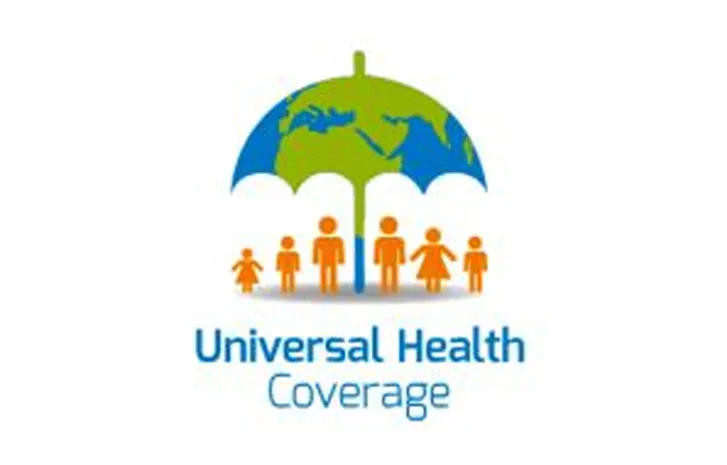
The former chairman of the Senate Committee on Health, Senator Ibrahim Oloriegbe has expressed concern over the poor healthcare funding by state governors in Nigeria and its potential impact on achieving universal health coverage (UHC).
Oloriegbe was speaking at a recent workshop held in Abuja recently.
The workshop, a joint initiative of the World Health Organisation (WHO) and various stakeholders, aimed to evaluate the third WHO-Nigeria Country Cooperation Strategy (2018-2022) and develop the fourth strategy (2023-2027). The event brought together key players to discuss the future of WHO’s technical cooperation in Nigeria and devise a joint strategic health agenda.
Oloriegbe highlighted the interconnectedness of the healthcare system in the country, emphasising the responsibility of the federal, state, and local governments in providing healthcare services at different levels. However, he pointed out that the federal government often assumes the role of strengthening the system and enhancing access to services, even for state and local governments.
To address this issue, Oloriegbe called on state governors to allocate adequate funds for rural healthcare delivery in the country. He criticised the low funding allocated to the health sector and emphasised the need to bridge the significant gap in healthcare resources across the nation. He further emphasised the importance of employing not just doctors but also nurses, pharmacists, and other health personnel, highlighting the federal government’s role as the largest employer in the medical field.
The women leader of the All Progressives Congress (APC), Dr. Betta Edu stressed the need for a systemic approach involving multiple stakeholders and sectors to address the fragmentation in the health system. She emphasised the importance of coordination, integration, information sharing and governance in improving the quality and efficiency of healthcare services.
The director of planning, research and statistics at the Federal Ministry of Health, Dr. Ngozi Azodo emphasised the role of the fourth-generation country cooperation strategy in supporting the Nigerian government’s efforts. She highlighted the significance of a strong health workforce in ensuring the quality and accessibility of healthcare services, noting the disparities in the distribution of health workers across urban and rural areas.
Azodo called for urgent action to optimise the production, recruitment and retention of healthcare professionals, indicating that the government has prioritised human resources in the health sector. Various measures, including policies, planned summits and bilateral engagements, are being taken to address these challenges.
The executive secretary of the National Health Insurance Authority (NHIA), Prof. Mohammed Sambo quoted Karl Ludwig Von Bertalanffy’s General Systems Theory to emphasise the complexity of the health system. He highlighted the interrelations between different parts of the system and the need for a coordinated multi-stakeholder approach in designing and implementing effective health policies and programs.
The director of the department of planning, research, and statistics at the National Primary Health Care Development Agency (NPHCDA), Dr. Garba Bulama clarified the roles of state governors and local governments in healthcare provision. While general hospitals fall under the oversight of state governors, primary healthcare is the responsibility of local governments, guided by the rules set by the Federal Government through the agency.
Bulama mentioned the establishment of state quality improvement teams across all 36 states and the Federal Capital Territory (FCT). These teams regularly assess and monitor the performance of primary health centres (PHCs) against the quality of care indicators. Additionally, these assessments serve as an accountability measure for the funds disbursed to PHCs under decentralised facility finance.
On a related note, the country director of the PharmAccess Foundation, Dr. Njide Ndili highlighted that the majority of healthcare expenditure in the country comes from the private sector. She stressed the need for a public sector-led and private sector-driven approach to developing the health sector. Furthermore, she revealed that government healthcare expenditure still accounts for less than five per cent of the total annual budget.
The concerns raised by Oloriegbe and other participants in the workshop shed light on the challenges faced by Nigeria’s healthcare system. Inadequate funding, fragmentation and disparities in the distribution of health workers are critical issues that must be addressed to ensure the successful implementation of universal health coverage and the provision of quality healthcare services for all Nigerians. It is essential for all stakeholders, including state governors, to prioritise healthcare funding and work collaboratively to improve the country’s health sector.

